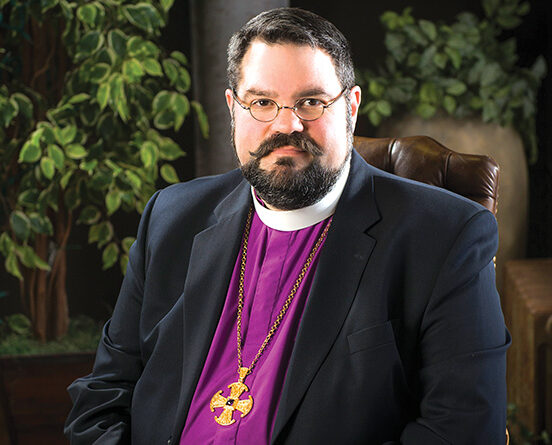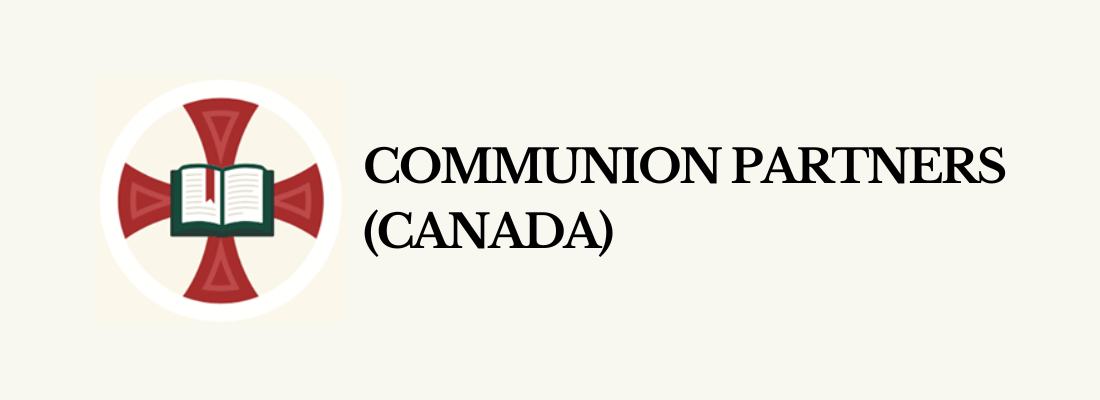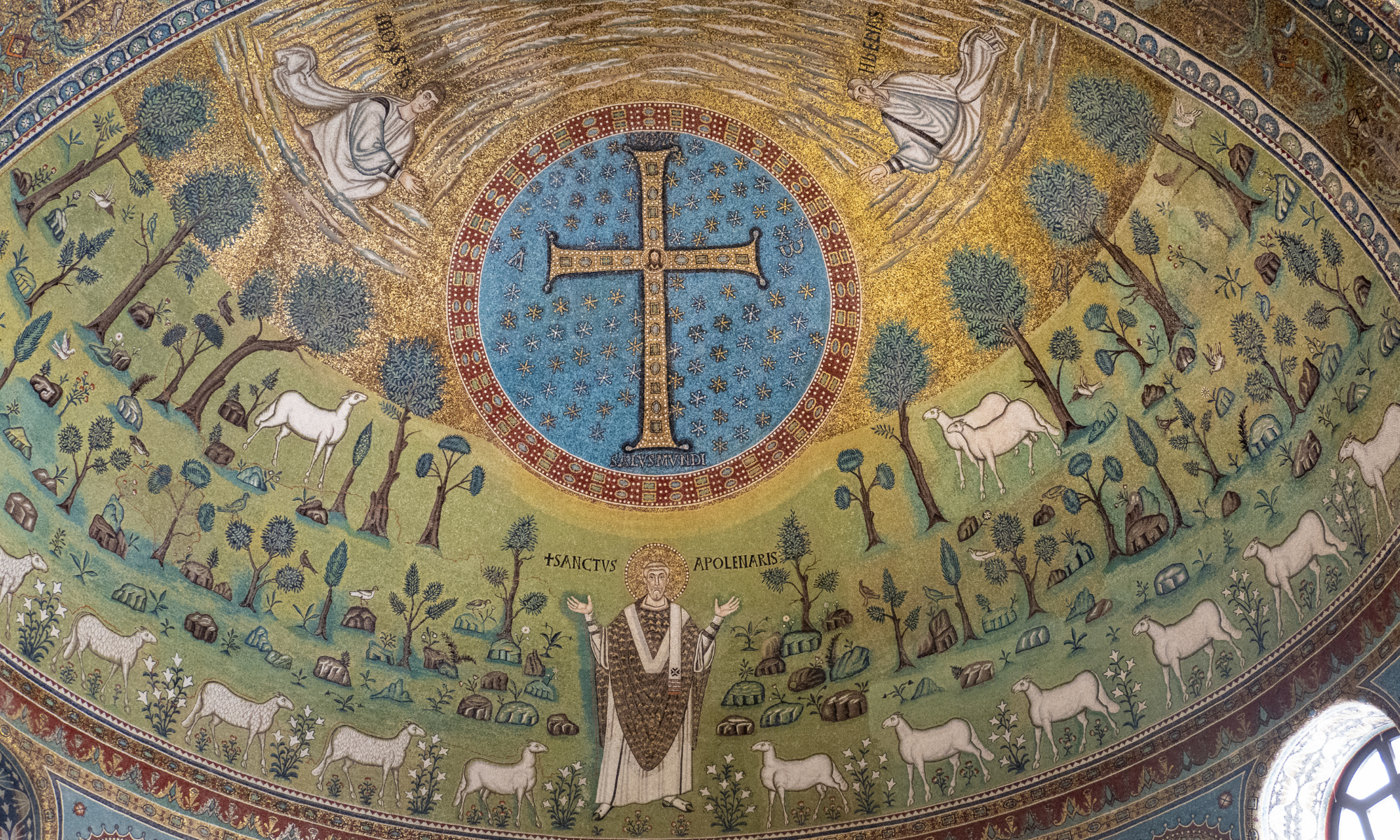By Bp. William Cliff
F rom the beginning, being a bishop was connected to a place. At a time when surnames were not yet a “thing,” we have known bishops in history as “of someplace,” unless they had some specific gift which marked them out, like St. John “Chrysostom” (the golden-tongued). So it is we know of Irenaeus of Lyon, or Ignatius of Antioch or Augustine of Hippo. In fact, the location of a bishop in geography is often used as a shorthand to explain their place in the development of theology. In theology we talk of the “Alexandrian school” or the “North African school” of divines.
It is one of the anomalies of our Canadian church that our Primate holds no see. The requirement is that they need to resign their diocese shortly after they are elected to the Primacy. Our Primates function in a different way than all the other Primates in the Anglican Communion (except the Episcopal Church in the USA). They have no seat or jurisdiction of their own, and are in that way freed up to travel the whole church and indeed the world, representing the Anglican Church of Canada to the world. Among Canadian bishops, the Primate is the first among equals and holds a convening authority amongst the bishops, but is not responsible for matters of discipline unless it is for those directly under their supervision (in Canada, that would be the Bishop Ordinary to the Canadian Armed Forces and the National Indigenous Archbishop).
It is a strange thing to imagine a bishop who does not ordain, or teach or care for a diocese and yet holds authority in the Church. As I mentioned above, from the early church onward, it was the bishop acting for the church of that place as a symbol of unity, guardian of faith, and preacher of the apostolic tradition that marked episcopacy from early on. Ignatius of Antioch wrote extensively on the place of the bishop as a sign of unity, governor of the church, and preacher of the gospel.
Those who have exercised Primacy in Canada have written about and spoken to the House of Bishops about how very deep a sacrificial offering it is to become the Primate. Leaving the anchor of diocese and people behind to take on the larger vision of the national church is a profound loss when one has been a bishop in a place for a length of time. The fact that we are from somewhere helps us identify which flock we are shepherding—which people we are committed to love and lay down our lives for.
When the Primate gives up that flock they have cared for, they give up the connection to place which is so integral to the identity of being a bishop. In some ways it is similar to being unmoored from being a parish priest when transitioning to the episcopate. There is a group, a parish family, whose loves and wounds you have come to know deeply, and when one becomes a bishop, that family expands profoundly. A bishop has the care of the people of a place, and of their specific concerns, and develops into being their champion.
It is harder for a Primate, I think. I have observed four Primates do this work at varying distances from young curate to fellow bishop in the House of Bishops, and the separation from the smaller flock for the larger gathering of flocks (all of whom have their own shepherd) is a profound sacrifice of connection. In some ways it is freeing to attend to matters at a national level. But it is in the ordinary functions of being a bishop, to teach, to celebrate the eucharist, to ordain, and to govern a diocese that most of the charisms we ask the Holy Spirit to give to our bishops are fully exercised.
So I think the church needs to think deeply about our ecclesiology and the idea of a Primate. With the exception of the Primate of Canada and the Presiding Bishop of the Episcopal Church, when the Primates gather as one of the four instruments of communion, they do so as diocesan bishops, filled with the cares and concerns for each of their churches, and their specific dioceses. Even the Archbishop of Canterbury, who has a bishop who effectively runs the Diocese of Canterbury as a Vicar, is still the diocesan Bishop in a diocese. As we are looking at the various pathways forward for the church in this next triennium or two, should we think more carefully about the role of the Primate as a bishop rooted in a place, who must also speak for the whole church as a symbol of unity, guardian of the faith, and keeper of the discipline of the church?
It used to be so in Canada. For many years the Primate was the Senior Metropolitan Archbishop. For many of those years it was the Archbishop of Rupert’s Land. Being Primate went with being the most senior Metropolitan. Being Primate moved around based on who was the most senior of the diocesan bishops serving as Metropolitan. We had Primates from all over Canada, Diocesan bishops, but no “Primatial See” and instead the Primacy moved about, much as our Metropolitan titles move about at the Provincial level. Finally, in the early 1970s we landed in our current system of a Primate without the responsibility of a diocesan bishop.
Having a bishop whose principal responsibility is to be spokesperson and Chief executive of the apparatus of the Anglican Church of Canada may no longer be fit for purpose in the 21st century. Part of that change will have to be drastically revised expectations of the person we elect as Primate, and in my opinion, may need to re-root the work of the Primate in the ordinary governing, preaching, guardianship, and discipline of the local church. Those who have served as Primate have managed to do extraordinary work in impossible circumstances. It may be time, while the church reorganizes so that it can more clearly proclaim the gospel and have the resources required to do that job, to reconfigure the Primacy to a more manageable mission and a more grounded place from which to speak.
I mentioned Ignatius of Antioch earlier in this short essay. One of my favourite quotes from him is “Where the bishop is, there is the catholic church.” The Anglican Communion has never positioned itself as the only church, or the only true church, but it has claimed for itself the ancient authority of the church from its earliest incarnation. The Reformers constantly appealed to the early church in their critiques of the abuses of the Middle Ages. Even in the debates at the time of the Reformation, the Church of England maintained a three-fold order and that order was rooted in place and culture and language as an expression of unity.
I hope that those who take counsel for the next years of the Church’s collective life will consider carefully the benefits to having a Primacy rooted in a diocesan life—in all its variety in the Canadian experience, and the dangers faced by having a Primacy that is set up to serve a geographically massive church without any of the connection on which the pastoral heart can thrive. It may be that the drastic rethinking of the Primacy will include a drastic re-evaluation of the expectation of the Primacy in general and the Primate in particular.

The Rt. Rev. William Cliff is Bishop of Ontario.

